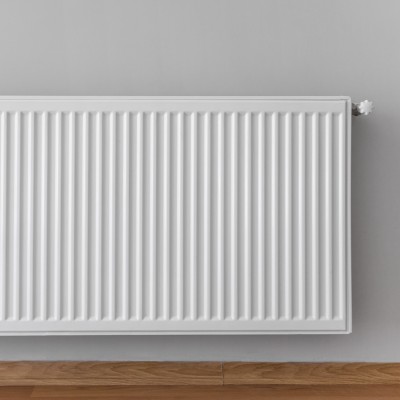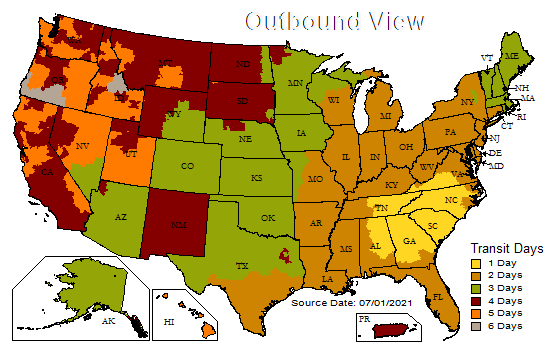Recent Study Shows High VOCs in Household Products (Part 1)

According to BBC News, new research has shown that chemicals present in common household products are one of the 'key contributors' to urban air pollution -- and some of these products even compare to vehicle emissions.
The study was conducted at Colorado University and focused on the presence of VOCs -- volatile organic compounds -- which are present in countless household products, from paints to cleaning supplies and more. According to a report by CBC Marketplace, VOC levels over 500 ppb could cause problems for people with chemical sensitivities, so many people have started being cautious when picking out paint and other household supplies.
The health effects of VOCs have not gone unnoticed, but scientists do say these sneaky toxins have been 'underestimated.' However, many also say the results of this study come as a surprise because by weight, fuel usage far exceeds the everyday usage of other chemical products.
Reducing Your VOC Use And Exposure BBC News says that about 95% of raw oil ends up being incorporated into the production of fuels. On the other hand, the remaining 5% is refined for further use in other chemicals and substances included in everything from adhesives to deodorants, pesticides, and more.
According to Dr. Jessica Gilman, these numbers may imply emission rates that are deceiving, because vehicle fuels are burned, while a major portion of the household products are sprayed or otherwise intended to be wafted into the air.
"Most commonly, they're used as solvents - things like nail polish remover, the hairspray I used this morning; they are used in many cases as cleaning agents like carpet cleaners...It would be difficult to remove them because the alternative is to use straight water, which as you know doesn't work for all stains," the National Oceanic and Atmospheric Administration scientist told reporters.
With the results of this study in mind, it's essential to do what you can to limit your personal exposure to VOCs. One of Dr Gilman's colleagues, Dr. Brian McDonald, suggested simply minimizing your use of these products whenever possible.
"Use as little of the product as you can to get the job done," he said.
However, there's more to the story -- the air we breathe is filled with such a wide range of compounds and chemicals that it's rarely, if ever, fully possible to ascertain which one is causing an adverse effect. That's why it's also best when picking out paint to select low VOC paints.
Keep an eye out for the next post, where we'll talk more about this study and what you can do to limit your VOC exposure. For more information about picking out safe paint for decks, anti slip paint, or porch paint, contact Ecos Paints.


























